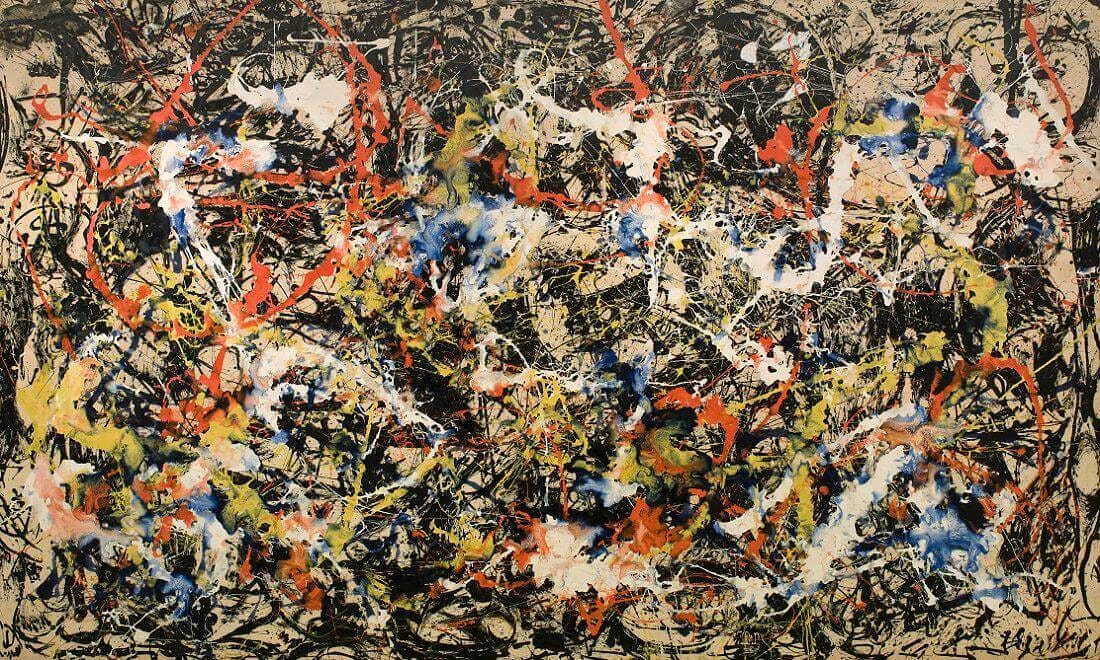Goodbye, Baby, Goodbye
The sublime dreampop R&B of Nourished by Time evokes euphoria and the healing power of music—even as it presages apocalypse
MY FIRST ENCOUNTER with Nourished by Time came as a B-side on the Swampy EP by Dry Cleaning, a London post-punk band with spoken word vocals laced in acerbic British wit. That song was “Gary Ashby” as remixed by Nourished by Time AKA Berklee alumnus Marcus Brown, who grew up in Baltimore, Maryland, and lives in London.
Art speaks to art. It crosses mediums and communicates across space and time. Remixes make this interaction explicit, and Nourished by Time’s rendition of “Gary Ashby” is an exceptional remix. I love it even more than the original.
With “Gary Ashby” Brown taps in to the nostalgic melancholy at the heart of Florence Shaw’s lyrics, which concern a pet tortoise lost in the big world. A song that evokes distant grief as softened by Shaw’s wry vocal delivery becomes a heartbroken lament to loss with Brown’s soulful baritone, the magic touch of his creativity.
Emotion is the essence of Nourished by Time. This is music you hear with your spirit and your bones and then your brain. Brown colors his R&B canvas with a multitude of palettes, from ’80s pop to psychedelic, electrofunk to blues.
His music feels like gazing at Jackson Pollock’s Convergence. It evokes the creative mania of Prince. It’s impassioned and virtuoso with the right amount of raw. And it’s got groove. His music compels you to move, even when it’s squeezing your heart.
And this music is political, explicitly anti-capitalist and worker-conscious. “This is now an extension of my labor,” Brown told Flaunt, “another version of working at Whole Foods.” This class awareness reveals itself throughout his discography.
On “Had Ya Called,” over a funk groove beneath huge, euphoric synths, Brown grieves a lover lost within the jaws of the economy.
It breaks my heart
The system got you, baby
But don’t rub off on me
I ain’t ya friend, money’s ya friend
I ain’t the one, money’s the one and only
Memories of factory lines evoke the most brutal form of capitalist exploitation on “Worker’s Interlude” from debut album Erotic Probiotic 2.
I still can feel the cotton
And the heat from the fields
Made the country so damn rich
Ain’t no way to heal
To be trapped in the trauma of the past while dreading the future is a special kind of anguish, one Brown expresses again in “Poison-Soaked.”
I don’t know how to heal
….How does one stop the suffering?
Layers of rippling vocals reverberate into the ether.
Poison-soaked are the memories
Poison-soaked too is the future, and nowhere does Brown express this more explicitly than Catching Chickens EP opener “Hell of a Ride.” It’s the sound of the end of America. At least, that’s what it concerns. Over glorious deep house and angelic backing vocals, Brown cries for a generation born into ruin.
Children stuck in the matrix
They know when it’s fiction
Young, breathing in them toxins
Used to have a third place
Now they got no options
Goodbye, baby, goodbye, he sings during the jubilant chorus that evokes a church choir exalting the Christian god,
To the red, the blue, and even the white
I don’t know why, I guess it never felt like mine
Apocalypse has come to America before—first for the Natives and then for the slaves—but this time, Brown prophesies, not even the white will evade devastation.
Brown is reaching for the stars and he knows it. His passion is contagious. There is something epic about it all, not just the scope of his lyrics but the ambition of the composition. It’s the highlight of Catching Chickens, and the evolution of Brown’s songwriting here has the feeling of an artist having found his voice and expanding his vision—all the way to the end of the world.
But every ending is a beginning, and every great work of art transforms as you engage with it. I hear the terrible beauty of Billie Holiday’s “Strange Fruit” differently every time I listen to it, the song Holiday arguably gave her life for (one Kanye West sampled ingeniously and performed brilliantly on Jools Holland).
The agony/ecstasy of Holiday’s voice mirrors the rapture of raw expression that shines in Brown’s baritone. Like Holiday, Brown has a remarkable ability to transform a simple phrase into a haunting croon that scratches at your soul.
NOURISHED BY TIME exemplifies that, in the end times, celebrating our existence becomes an act of defiance—and all the more euphoric because of it. Four Horsemen might be hurtling out of the cosmos and yet the power of Marcus Brown’s music is that it makes this knowledge bearable. I don’t know how to heal, he tells us, but we can hear him healing as he sings because we’re healing too.






